
UC Law alumni making a political impact
We’re impacted by politics and political leaders each day. Whether we’re talking about a state legislator, an advisor for a United States Senator or state Governor, or a local school board member, the policies developed, championed, and enacted affect our daily lives. Who are some of the individuals working at all levels of the political world? We are proud to say that many are some of our very own UC Law graduates.
We talked with seven of our alumni who have found success at all levels of politics. They share about their Cincinnati Law experience and their careers since graduation day.
Charlie Luken: A life of public service

Charlie Luken
As the longest-serving mayor in Cincinnati’s history, Charlie Luken says he always felt he’d have a career in public service. “Politics runs in my blood.”
His father, Tom Luken, served a term as Cincinnati Mayor in 1971, and then in the U.S. House of Representatives from 1974 through 1991.
Luken recalls, as an 8-year-old, attending a campaign rally for John F. Kennedy with his father. “Participating in campaigns was kind of a forced service in my family when I was growing up. So, it was kind of natural for me to go in that direction. And I’m glad I did.”
Luken was first elected to the City Council in 1981 and then appointed as Mayor in 1984. “Back in those days the position was considered a part-time job. It was only 80 hours a week,” he quips.
In 1985, the city switched to a system where the Council member with the most votes became mayor and Luken won three more terms.
In 1991, he left the mayor’s office and was elected to the U.S. House of Representatives, replacing his father who had retired. However, Luken says Washington politics was not to his taste, so he left Congress after one term and entered the private sector as a newscaster for a local television station.
He returned to politics, becoming mayor again in 1999 and served until 2005. So all total, Charlie Luken held the office of mayor for 12 years.
You learn great principles in law school that can have a positive effect on your life, whatever you do.
Charlie Luken
Luken says his biggest challenge as mayor came during the Cincinnati riots of 2001 that stemmed from a police shooting of a 19-year-old unarmed black man. Luken declared a state of emergency and worked in cooperation with federal and local officials, the police department and civil rights groups to help improve police community relations.
Some of his other proud achievements are helping form the Cincinnati Center City Development Corporation (3CDC) which is a private, non-profit real-estate development organization to help grow and revitalize Cincinnati's downtown urban core. It is a great example of partnership between government and the corporate community.
He also succeeded in repealing a city charter amendment that prevented the city from passing laws to specifically protect members of the LGBTQ community.
Luken earned his BA at Notre Dame University and returned to his home town to attend UC Law.
“UC was where my heart was,” Luken explains that he was newly married at the time. “And I was completely delighted with my education there.”
One of his most formative classes was contract law, taught by Professor John Murphy. Other experiences that were key to his career were interning with the prosecutor’s office and participating in Moot Court. “Being a lawyer affects your professional life in so many ways,” Luken says. “You learn great principles in law school that can have a positive effect on your life, whatever you do.”
And one life lesson that Luken would pass on to other law students: “When things get tough, follow your gut instincts and stick with what you know is right.”
Chatodd Floyd: A deeper motivation
Chatodd Floyd’s passion for justice and public service has taken him from Columbia, South Carolina to New York City. During the early days of the COVID pandemic, Floyd served in New York's City Hall as Mayor Bill de Blasio’s PPE Czar, working to ensure that healthcare professionals had enough safety and protective equipment through the crisis. “That was a very humbling and scary experience,” Floyd says, describing the general uncertainty and fear throughout the city during the early days of the pandemic.
He next worked for the governor as Director of Legislative Affairs. During that time Floyd oversaw the New York State Vaccine Equity Task Force that sought to improve COVID vaccination rates among communities of color through outreach and educational programs.
Most recently, he was appointed Deputy Secretary for Legislative Affairs and Policy, and now works with the State Assembly on behalf of the governor. His efforts there have focused on legalizing cannabis and passing the new gun safety law banning ‘ghost’ guns.
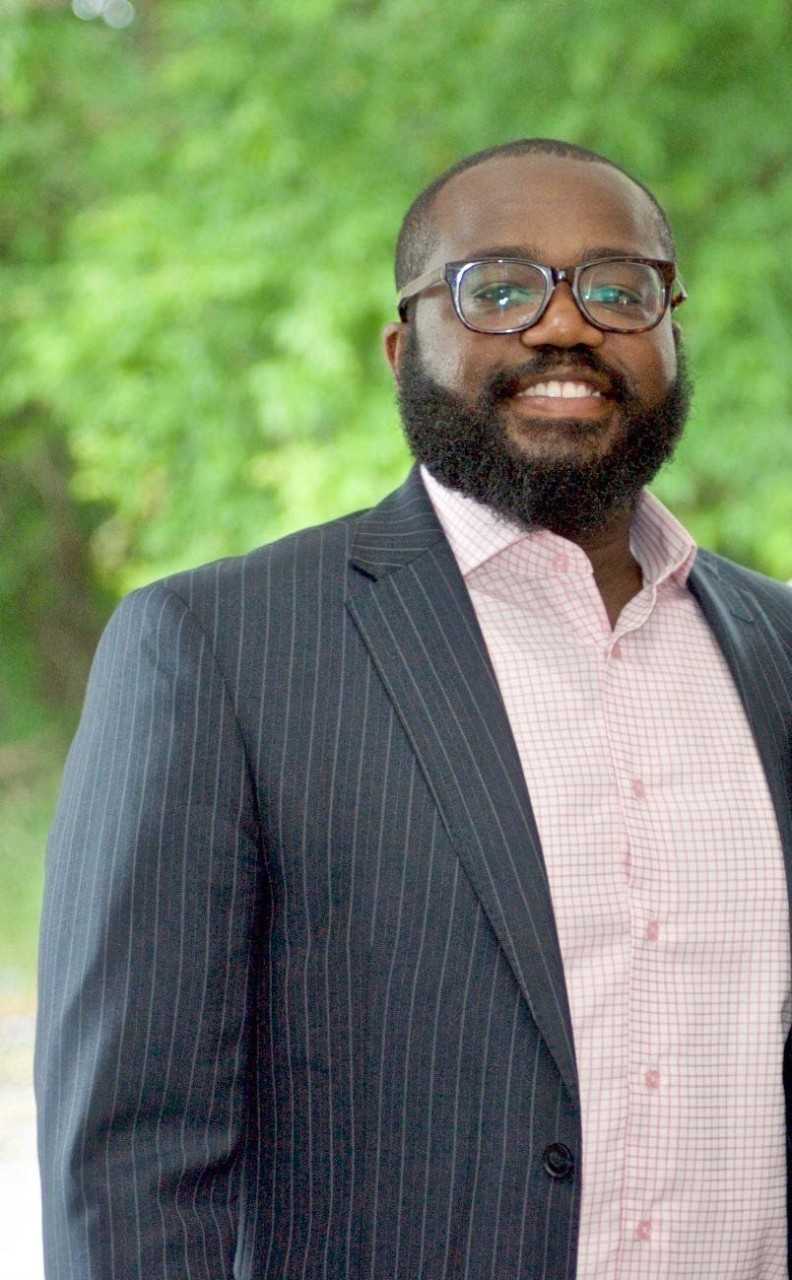
Chatodd Floyd
Floyd’s journey to law school began after graduating from Emory University. He had joined AmeriCorps for two years, and it was during his second year that Admissions Dean Al Watson actively reached out and invited him to consider attending UC Law.
UC made a significant impact on Floyd’s career in a number of ways. He worked for a year at the Indigent Defense Clinic, which gives UC students real courtroom experience while providing free legal representation for indigent defendants in misdemeanor cases.
In his third year, he took an Election Law class taught by, then Adjunct Professor, David Pepper. “He had such an engaging class and was so interesting to talk to,” Floyd recalls. “It definitely got me interested in going into politics as a career.”
Floyd also cited the Trayvon Martin shooting in 2012 as a key event that helped move him toward a political career. “I felt like, working in the public sector, I could be more useful advancing structural changes.”
His advice for UC students is simple, “It may sound like a cliche, but focus on your passion. People are going to be naturally more successful doing something they’re really passionate about.” He adds, “When you’re working long, demanding hours, it won’t feel as much like work when you’re actually doing something you enjoy and are moved by a purpose.”
When you’re working long, demanding hours, it won’t feel as much like work when you’re actually doing something you enjoy and are moved by a purpose.
Chatodd Floyd
Rachel Wright: From UC to DC
In 2017, just two years after graduating from UC Law, Rachel (Hensley) Wright began working on Capitol Hill as a Staff Director for Senator Chuck Grassley. Today she serves as a Senior Counsel, advising him on issues like criminal justice reform, child sexual exploitation, drug policies and national security.
Wright is proud of her work on the FIRST STEP Act, which was designed to reform federal prisons and sentencing laws with the goal of reducing recidivism, decreasing the federal inmate population, without compromising public safety. She spends a lot of her time working to ensure that law is being interpreted and applied by prosecutors and defense attorneys the way Congress intended.
She also worked on the SUPPORT Act that provides funding for state and local governments to deal with opioid epidemic, and clarifies what federal agencies should be doing to better address opioid abuse.
Take advantage of the opportunities you have at UC to get to know your professors better and be mentored by them.
Rachel (Hensley) Wright
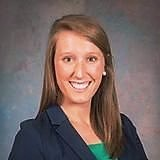
Rachel (Hensley) Wright
The extracurricular activities at UC were instrumental in helping Wright find a passion for criminal law and policy-making. One important experience was working with the Ohio Innocence Project whose mission is to investigate and litigate claims of innocence by people who may have been wrongly convicted. “The impact of what you get to do as a law student is so monumental,” Wright says. “We got to dive into trial transcripts of old cases and re-examine evidence using modern DNA testing.”
Wright also served in a leadership position on Moot Court which gives students an opportunity to gain practical experience by litigating fictional cases in front of a mock appellate panel with licensed lawyers and alumni sitting in as judges.
Upon graduating, Wright worked for two years at the Kenton County Commonwealth Attorney’s Office while studying for the Kentucky Bar. During that time, she helped prosecute cases from possession of controlled substances to murder. She recalls that time fondly, “I owe a lot to the Cincinnati community. My experience there really prepared me for working in Washington.”
But Wright says her greatest accomplishment was becoming a mother in 2020. She has found that managing her career and motherhood has given her a greater appreciation for her own mother and for all working mothers.
So what advice does she have for UC students? “First, trust your gut on your career goals. Don’t be afraid to change directions if you discover your passion is taking you elsewhere. Secondly, take advantage of the opportunities you have at UC to get to know your professors better and be mentored by them.”
Brandon Craig: Striving to make a difference
Brandon Craig says there were two things that inspired him to go to UC Law. “One was that my mother went to UC and graduated exactly 30 years before me in 1979. And the other was that I had always had a strong interest in politics, and the best way to understand policy and affect change is to have that legal background.”
During his first year at UC, Associate Dean Barbara Watts helped him plan out a specific academic pathway based on his career goals. Craig credits her with putting him on the right path.
Another influential UC faculty member was Professor Raphael Gely who reached out to Craig even prior to attending UC. Gely taught Labor and Employment Law and Craig says his current focus on equality and civil rights was fueled by Gely’s courses.
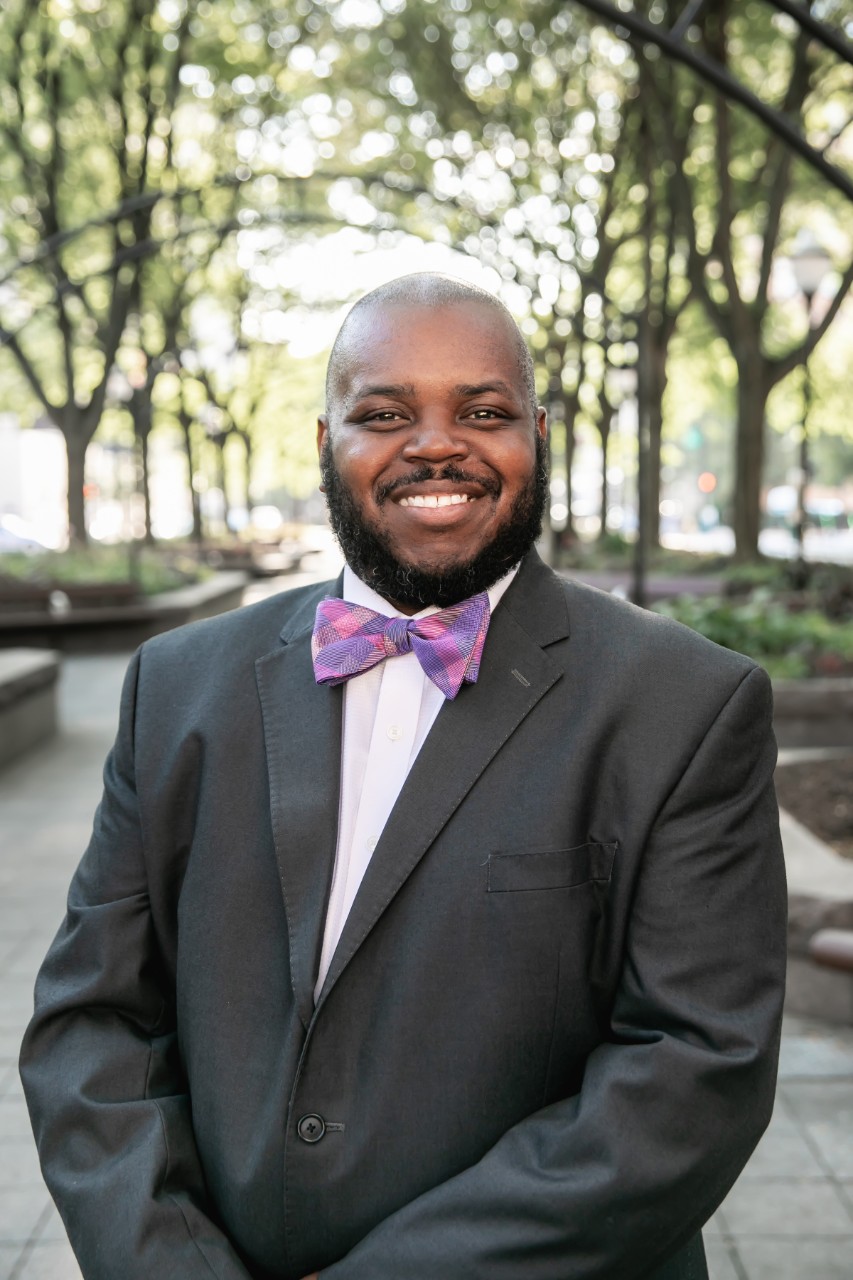
Brandon Craig
While UC offers numerous opportunities for students to intern and gain real world experience, Craig found the camaraderie and friendships he made there to be most impactful. “Some of my closest friends today are people I met at UC,” he says.
Today, Craig works at UC, fulfilling his passion for fighting discrimination. In his role as Interim Executive Director for Non-Discrimination Policy Administration in the Office of Equal Opportunity and Access, Craig investigates and addresses allegations of discrimination.
As part of this mission, Craig and his team have developed a considerable amount of educational programming, on topics from inclusive practices to unconscious bias and disparate impact.
He is proud of the proactive nature of the material they have created. “It’s not about whether someone did something wrong, it’s about how do we teach people to do things right.”
Craig has also been elected to the Board of Education for Cincinnati Public Schools and is open to potentially running for a state or federal office in the future.
“But I don’t want go into a role, just to be there,” he says. “I want to be able to make a real difference.”
One valuable truth Craig has learned is that law school can open many doors to further your career. He offers the same advice to UC students that someone had once given him: Focus on being a good attorney first.
“It’s true of anything in life. If you have goals that are beyond where you are, be good at what you are first. You have to walk before you can run,” he says, adding, “Don’t take life so seriously that you can’t enjoy it. Be sure to find what gives you joy and fills your passion.”
If you have goals that are beyond where you are, be good at what you are first.
Brandon Craig
Dan Dodd: A journey to public service
Dan Dodd’s journey to UC began at a young age. His father practiced law in Perry County, handling worker’s compensation cases for clients who worked in the coal mines and manufacturing plants of southeastern Ohio. Seeing the impact of worker compensation laws on the lives of his father’s clients gave Dodd an early interest in public policy.
He attended UC Law from 2000 to 2003 where he had the opportunity to intern with Cincinnati councilman (and eventual mayor) John Cranley, through the Urban Justice Institute, which would later become the Ohio Innocence Project. During that time Dodd co-authored a Law Review article on the use of the death penalty in Ohio.
He also worked as a research assistant for the UC Law’s Dean Joseph Tomain. The research centered primarily around energy law, and Dodd saw first-hand how the country’s regulatory climate led to the Enron scandal. “It wasn’t the most exciting topic to research, but the impact it had on our economy and on people’s lives made me appreciate why we need to work on these types of policies.”
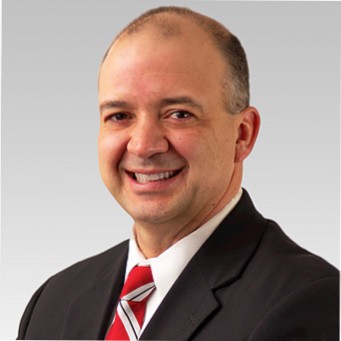
Dan Dodd
Dodd graduated from UC in 2003 and went to work at his father’s law practice back in Perry County, representing the same type of worker’s compensation cases his father had worked on.
In 2006, he was elected to the Ohio State House of Representatives where he focused on the labor policies he’d become so passionate about as a lawyer. He served as the Chairman of the House Insurance Committee where he developed a reputation as a common-sense leader and problem-solver who often worked across party lines to find practical solutions.
Dodd left the State legislature in 2010 but continues to focus on policy issues as the Executive Director of the Ohio Association of Independent Schools (OAIS), representing 45 private schools and more than 17,000 students. Dodd works with State legislators and the Ohio Department of Education on policy and compliance issues.
He is also currently Vice President of Government Affairs at ZHF Consulting. In this role, Dodd represents clients on a variety of issues.
“While I don’t practice a lot of law now,” Dodd says, “I use the experience and skills I received at UC every day.”
While he has no plans to seek public office again, he does offer some words of wisdom for UC students: “Don’t be afraid to pursue what you’re passionate about—even if it means making a career change to do it.”
I use the experience and skills I received at UC every day.
Dan Dodd
TJ O’Hara: Finding solutions
Author, speaker, media personality, strategic consultant, and erstwhile presidential candidate, TJ O’Hara’s career has been rich and diverse. But if he had to narrow it down, O’Hara says he could best be described as a repairman of companies and countries.
“I focus on solutions and thought processes and understanding issues from different perspectives.”
He’s had a longtime interest in politics though not necessarily running for office. However, in 2012 he did run for President of the United States as an independent candidate, even winning the endorsement of the Whig Party.
Learn to distinguish between right and wrong…and do what’s right.
T.J. O'Hara
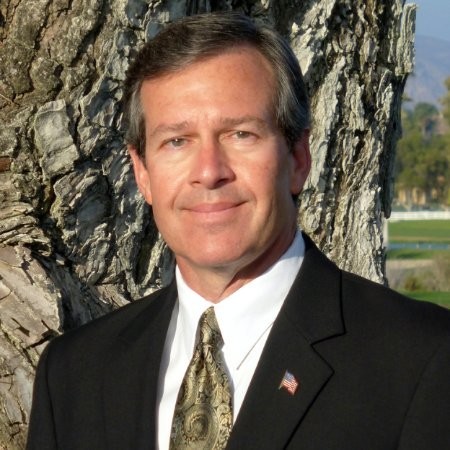
T.J. O'Hara
Rather than seeking political power, one of O’Hara’s main goals is educating the electorate on the Constitution. He once surveyed his numerous friends across the political spectrum and discovered they all had two things in common. First, they each strongly believed their side was right and the other side was wrong. And second, they each admitted that they had never actually read the political platforms of either party.
This insight led him to write a trilogy of books on political ideologies:
The Left Isn’t Right, The Right is Wrong, and National Platform of Common Sense .
As a 1978 graduate, O’Hara remembers how influential the faculty was at UC. He recalls one professor in particular who had a significant impact on him. Constitutional Law Professor Wilbur Lester was notoriously hard on his students. “He was just brutal,” O’Hara says, “but he was the epitome of what a good law professor should be. He challenged you to the maximum of your capability.”
O’Hara said that Lester once confided privately that the reason he was so tough on his students was to prepare them for the rigors of the legal profession. As lawyers, they may at some point be fighting for someone’s life and he wanted to steel them for the pressure they will face in the future.
O’Hara offers three pieces of advice for UC students. “Learn to distinguish between right and wrong—even though it may not be obvious or expedient—and do what’s right. Take responsibility for your actions. And above all, learn to respect yourself and respect others.”
Mark Sommer: Not afraid to ask
By all measures, Mark Sommer’s 34-year legal career has been a successful one. With a focus on tax and finance law, Sommer’s represents his clients on state, local and federal taxes, business law, governmental relations, and bankruptcy taxation.
During his career, he secured hundreds of millions of dollars in tax credits and refunds for clients ranging from private citizens to Fortune 500 companies. He currently heads up the Tax, Benefits and Estates Practice Group for Frost Brown Todd LLC’s Louisville, KY office.
Sommer’s expertise has made him a nationally recognized thought-leader on taxation and finance law. As such, he has drafted numerous white papers, advised legislators on tax policies, and helped lead gubernatorial transition teams. Over the years, he has spoken on tax policy at more than 270 professional seminars and conferences.
In addition to his busy schedule, Sommer also serves as the Chair of the Kentucky Lottery Corporation.
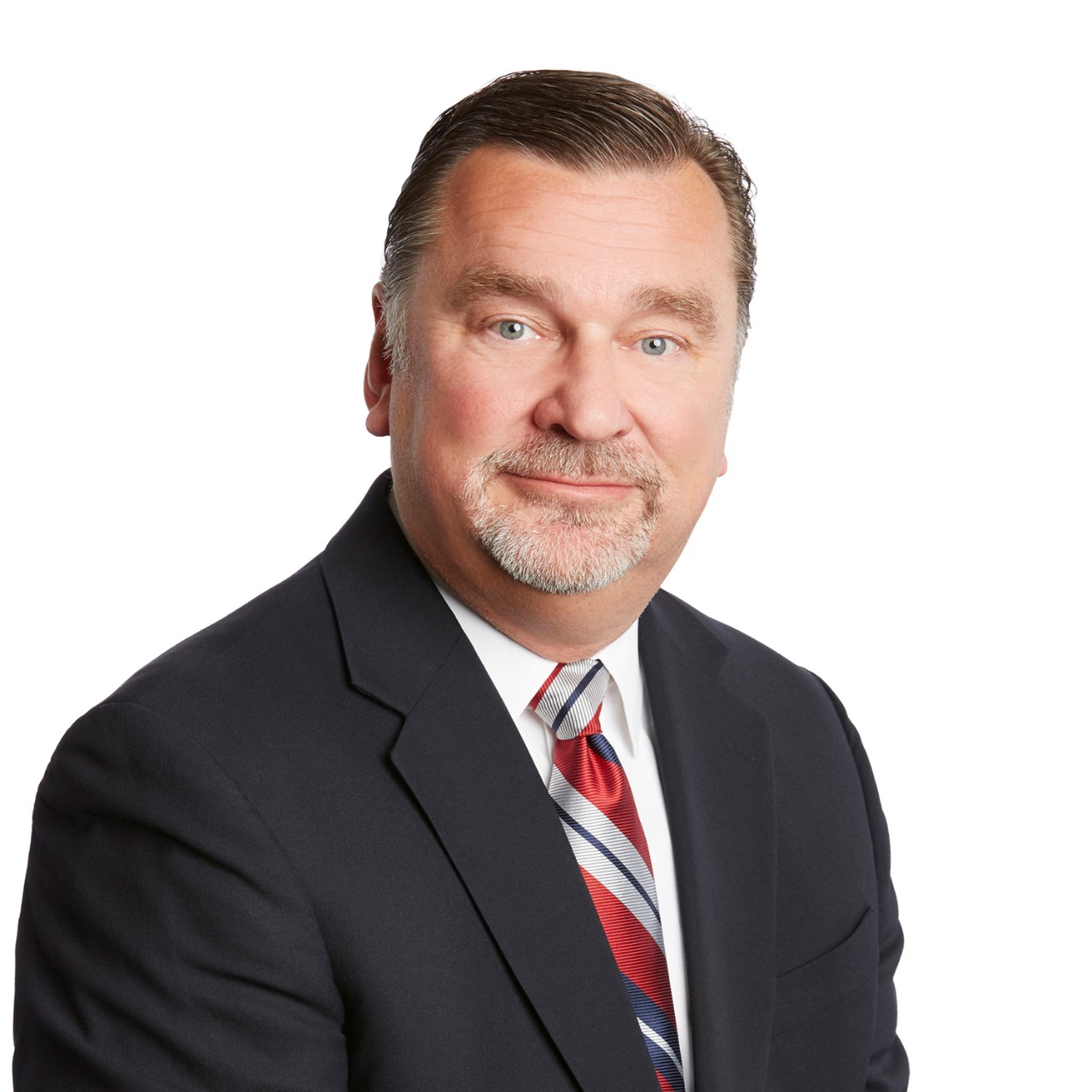
Mark Sommer
As a 1988 graduate, Sommer recalls his time at UC fondly, acknowledging the impact that his friendships and talks with professors had on his career. “I knew I wanted to focus on tax law and be an advocate for public policy,” he says. But he was unsure whether to pursue his career at a law firm or an accounting firm. So he actively sought out the advice of his professors and friends who recommended starting with an accounting firm. It would be easier to switch from an accounting firm to a law firm rather than the other way around. And it turned out to be true.
But as busy as he is, Sommer has always placed a high priority on family. With five adult children and his youngest pursuing a law career as well, he credits his wife for her patience and dedication during the many evenings he had to work late.
When asked what advice he had for current UC students, Sommer highlighted two things he has learned over the years: “The first piece of advice is to never be afraid to ask for advice,” he says. “And the other is don’t just listen to the advice, listen to the person who’s giving it.”
Understanding people is often as insightful as the advice they give.
The first piece of advice is to never be afraid to ask for advice.
Mark Sommer
Writer: Tom Pawlicki
Head photo: istockphoto.com; individual photos: provided
Tags
Related Stories
CCM Philharmonia performs a US premiere in Nov. 25 concert
Event: November 25, 2024 7:30 PM
The CCM Philharmonia welcomes distinguished guest conductor Guido Rumstadt, from the Hochschule für Musik in Nuremberg, in a program spanning 200 years of German music on Monday, Nov. 25. Featuring CCM faculty artist Dror Biran in Schumann’s beloved Piano Concerto in A Minor. Tickets are on sale through the CCM Box Office.
UC Athletics boasts another outstanding graduation success rate
November 22, 2024
The NCAA announced its latest Graduation Success Rate (GSR) data earlier this week, and the University of Cincinnati achieved a 96 percent mark, its sixth-straight year above 92 percent.
Takeaways from conversations with wrongfully convicted Ohio...
November 20, 2024
Public radio journalist Mary Evans casts a spotlight on wrongful conviction and the work of the Ohio Innocence Project at UC Law.